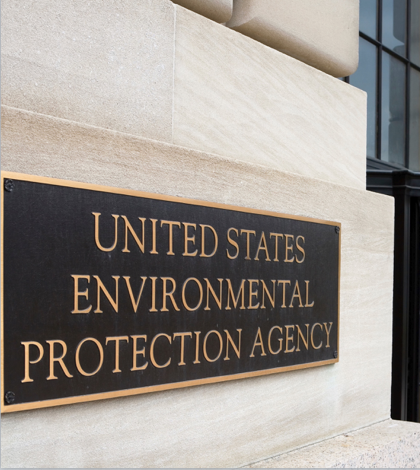Santa Barbara County oil and gas operator Greka Energy may have run afoul of the U.S. Environmental Protection Agency (EPA), again, and is now being required to conduct sampling at its Santa Maria, Calif. refinery to determine whether improper storage and management of hazardous wastes contaminated local soil and groundwater. Greka, also known as HVI Cat Canyon, Inc., has previously paid over $2 million to Santa Barbara County for 2007 and 2008 oil spills. The company has reportedly also faced other lawsuits in the past ten years.
An EPA inspection of Greka’s facility on Dec. 13, 2018 found the facility had improperly stored, labeled and managed hazardous waste from their refinery processes. EPA inspectors found waste being dumped directly into an unlined pit, also known as a surface impoundment, located 90 feet from agricultural lands. Additionally, the facility does not have a required permit to store hazardous waste.
“Poor management of hazardous waste can release contaminants into the environment and affect local communities,” said EPA Pacific Southwest Deputy Regional Administrator Deborah Jordan. “Today’s order requires Greka to determine if its refinery is affecting nearby farmlands, groundwater and the communities of Santa Maria and Guadalupe.
According to an EPA press release Greka has now been ordered to develop a plan to determine and catalogue the magnitude and extent of possible off-site migration of hazardous wastes. As of last Thursday, Greka has 45 day to comply with the EPA’s orders and submit the required plan.
The EPA is requiring that Greka provide extensive information on the surface impoundment, including its age, capacity, structural integrity, construction, and maintenance procedures. The company must analyze the hazardous waste and develop a comprehensive groundwater and soil monitoring plan to ensure contamination is not migrating off-site.
In 2008, USA Today covered Greka’s woes in a story titled “Little oil company creates big problems.”
For now, the California Department of Toxic Substances Control and the Central Coast Regional Water Quality Control Board are working with the EPA to ensure appropriate and effective oversight of the Greka’s facility
 California Water News Daily Your Source For Water News in California
California Water News Daily Your Source For Water News in California


